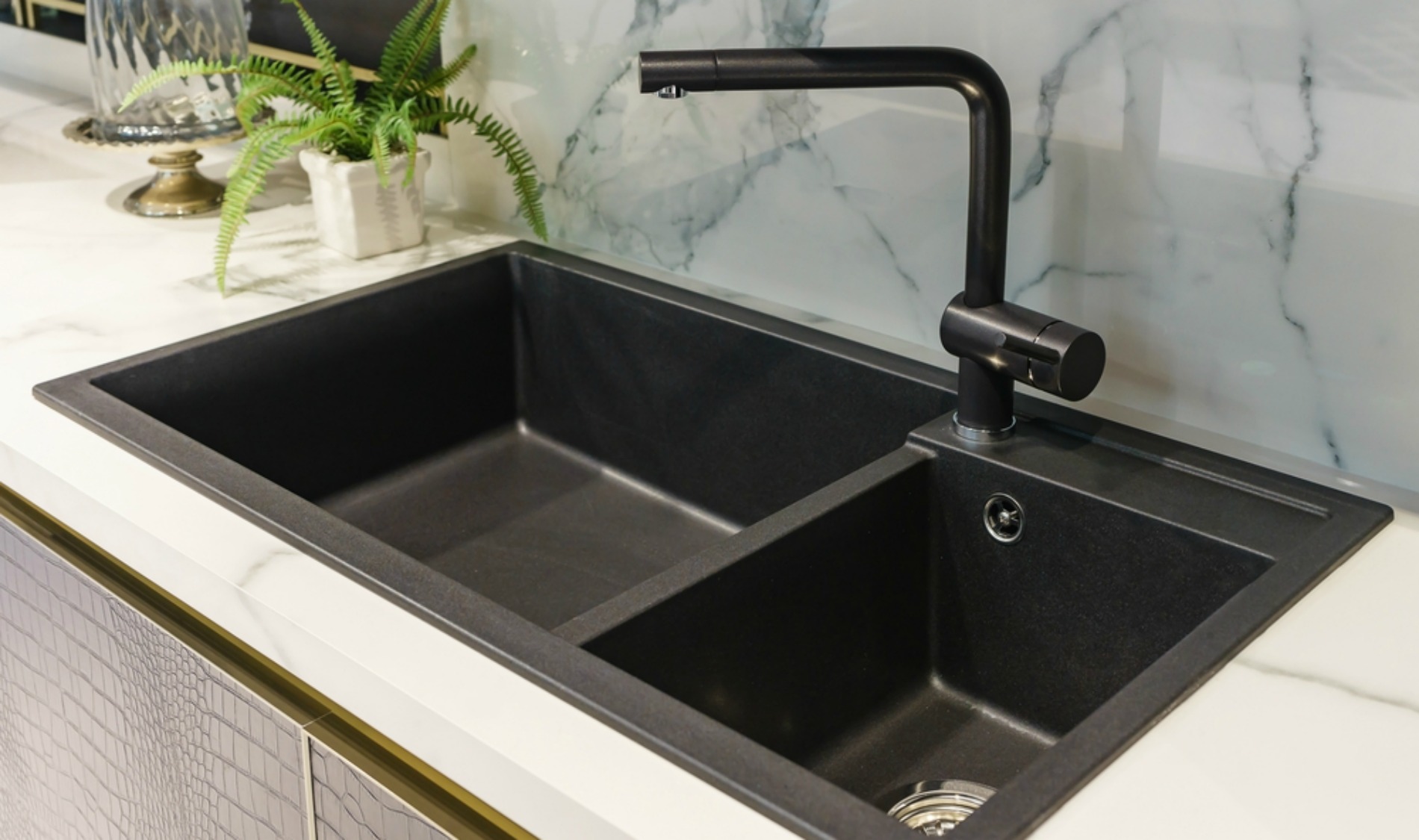Last weekend was officially my 4 year work anniversary. So much has happened in those 4 years. And there is a lot of work ahead for myself and my colleagues with the 2022 floods which have devastated much of Brisbane, South East/West QLD, Northern NSW and now many parts of NSW and Sydney.
This week, I will be out on the road assisting customers affected by the floods in my recently acquired role as Home Assessor.
I’ve been in the role for just over 3 months. The last time I shared about my work, I was backfilling as a team leader. And while I learned a lot in that role and had further opportunities that came my way, it was a lily pad to launch to the area I really wanted to work in.
When the role opening became available in the assessing space, it was a now or will I ever reaction. Long story short, my application and interview were successful and I got a Secondment.
I went through 6 weeks of training last November and I have started going out by myself to assess properties in January. I’m in the team called “BAU – Business as usual” which looks after the claims that are non-major event related. Examples of the claims are escape of liquid (flexi hose leaks) roof leaks, impact, theft, malicious damage or fire– just to name a few.
Getting used to full time work has been challenging for me. Understanding a new role and procedures and making decisions while trying to juggle family life – I won’t lie it has been stressful.
The floods have added another layer to this job. Getting around Brisbane with road closures to assess has added a different level of stress. I have driven towards a few of these over the last few weeks and had a few detours.
This past week I had no time to really reflect on International Women’s Day or World Plumbing Day due to the demands of work.
I am grateful my trade background helps me when assessing properties. I’m also thankful for strong women at work who have helped me while I navigate the ropes. But sometimes I do feel out of my depth.
While we think about extreme weather events for insurance, there are also the everyday unexpected events. These events continue to happen even when a natural disaster occurs. They can cause extensive damage to a home and trauma to those who have experienced the event. Assessors are still needed to assist with these claims.
Even though I’m part of that team, I have been asked to assist flood claims due to influx of assessments needed to assist with. While I feel it a great privilege to help (and part of me does feel as if it’s a revolving door moment as the 2011 floods ceased my maternity leave after having Esther ), I’m also nervous.
There are so many things that are out of my control that will impact people’s experiences and expectations of the recovery process.
The trauma experienced from this recent flooding is colossal. And the conglomeration of financial and emotional impacts of the COVID19 pandemic will test our resilience and endurance.
I had a friend share this diagram with me and it nails the emotions on the head with recovery after a disaster or an extreme event.
Everyone wants to get in and help and we are in the inspiring-restored-faith-in-humanity stage of heroic rescues, cleaning up and donations to appeals and auctions. But soon there will be a dip and it will take discipline to not allow negative thinking get the better of us. It’s natural to be emotional. This recovery is going to be a marathon, not a sprint.
I have a few concerns with these floods and the impacts to our wider community. Here are some things to be mindful of and some solutions.
Realities that will impact recovery process
More Wet Weather Events
We still have another 2 months where cyclones can still form and wet weather systems can cause havoc. (I personally follow Brisbane Weather for updates) We need to anticipate these could hamper recovery efforts.
I’m thinking of Maryborough who were recovering from a catastrophic flood in January this year and are now dealing with the effects of this recent flood.
Consider what maintenance you can do now to your own home if you haven’t been affected by the floods. This frees repairs and resources to assist those impacted by the floods. Clean out those gutters and down pipes you’ve been putting off. Install that storm water drainage. Do what you can to get your house best prepared for storms.
Widespread Damage = Overwhelming Needs
We all know someone who has been affected by the floods. The damage is widespread and therefore will require extensive resources and human power to assist with the recovery efforts. Everyone can do something to help though.
COVID19 Impacts to Building Supplies
Building supplies have been impacted from COVID19 for the last year. The bushfires of 2019/2020 diminished our timber supplies. Lack of building supplies will draw out repair timelines. There’s no getting around it – we can only get through it with a lot of patience.
Not enough hands
The damage has been widespread and there can only be so many assessments that can be done in a day.
Builders are under the pump.
The ADF are hands on deck assisting with the clean up.
It can feel like there aren’t enough hands to help the staggering pile of needs.
Patience is going to be tested. It’s ok to be disappointed by the length of time for works to proceed, but it’s not ok to take it out on the people on the ground assisting where there may be not enough daylight hours or labour or even materials to get it done sooner. Kindness goes a long way.
Lack of rental properties
With a market which is already struggling to keep up with demand for housing, there will be people needing homes to live in.
Consider offering your Air BnB as a temporary place for those affected by the floods. If you have a camper trailer or caravan, could you hire it out?
Can you offer a spare room in your house as a refuge for people who have been displaced from the floods? People are currently sleeping in cars due to the lack of available properties and the cost to rent them.
Goods shortages
The demand for furniture and appliances will skyrocket and there have already been waiting periods for furniture due to the impacts of COVID19 on manufacturing. Let’s not talk about the lead times for deliveries of these items either. It might be time to invest in picnic rugs or camping chairs for a while when waiting for furniture to arrive.
Wait times for new cars
New cars have a wait time for up to a few months, sometimes a year.
Second hand cars are often selling for new car prices as a result. For those who lost their cars in the floods, it’s going to be another stress to find a replacement car. For families with 2 cars not impacted by the flood, could you loan your second car for a period of time to help a family who has no mode of transport? Maybe even sell it?
Underinsurance
Little understanding of the cost to rebuild a property and the increased cost of building supplies has impacted the repair costs significantly. Underinsurance is financially devastating. While not much can be done to change the sum insured once an event is over, wise decisions can be made on how to best deal with the outcomes of recovery.
Not salvaging enough
A lot of building waste and material waste occurs in the building industry and the same occurs when there is a catastrophic event. Unfortunately, not everything can be salvageable if it’s been in black water.
Repair and replacement methods can be argued over with water heights when it’s been grey water or simply clean water inundation. Make wise decisions and trust experts who are qualified to give recommendations. Avoid engaging with ‘storm chaser’ trades that offer to handle your insurance for you.
With the floods starting to recede and the clean-up beginning in various communities, consider how you can help practically and financially to people who have been impacted by the floods.
The impacts are far and wide. Don’t forget people can be impacted even if they didn’t lose their home. They may have lost their business or their job because their workplace went under.
Donations are great if they’re brand new and are something the insured will use or want.
Just be mindful that donated goods – even new stock you haven’t been able to sell – could be adding unnecessary stress if they aren’t needed.
Cash and gift voucher assistance are better ways to donate. A supply of meals or an offer to pay an insurance excess can be a godsend to those affected by the floods.
Practical ways to help flood affected people that don’t involve money could be
- Can you offer to take rubbish to the dump if you have a ute or trailer? Or can you assist with salvaging items by washing clothing or supplying containers for items that can be sorted into piles to clean?
- Could you offer services to test electrical appliances (if qualified electrician) or do a plumbing check over the fixtures in a property (if qualified plumber)? Fully inundated properties will need appliances replaced. Could you supply the appliance by covering the cost?
- If you’re in an area not impacted by flood, could you offer your home as a delivery address for new items of contents while the insured cleans out their home and sorts out their claim with insurance? Could your home be a place to store undamaged contents?
- Could you cook a meal or supply lunch or snacks for during the day? If you don’t have capacity or time to cook, could you shout out a family dinner? Sorting out food is one less decision to make when sorting through belongings or dealing with recovery.
There are so many ways to help, and the needs will feel overwhelming. But helping one person at a time is a great start.
On a personal note, while there are various appeals to donate to charity, I’ve personally chosen to donate direct to people who have lost their homes and cherished belongings. I’ve donated to Go Fund Me campaigns as they’ve come through on my Facebook feed. I know the money will go directly to the individual or business impacted from their loss.
And even though I won’t get a tax deduction, I much prefer to know my money is going direct to the flood affected business or person. But you choose how you feel led to give.
On a final note, everyone can do something to assist. A million small acts of assistance can amount to a big impact. Don’t underestimate the small part you can play in the recovery process.
The information I’ve shared on my blog is intended to be of a general nature only. I do not accept any legal responsibility for any loss incurred as a result of reliance upon it – please make your own enquiries and decisions.
Header image is of flooded street in Ballina from a local. They did not wish to be credited but it has been used with permission. A personal contribution for a $100 hardware voucher via GIVIT to help flood impacted people in Ballina has been donated for use of the image for this post.









